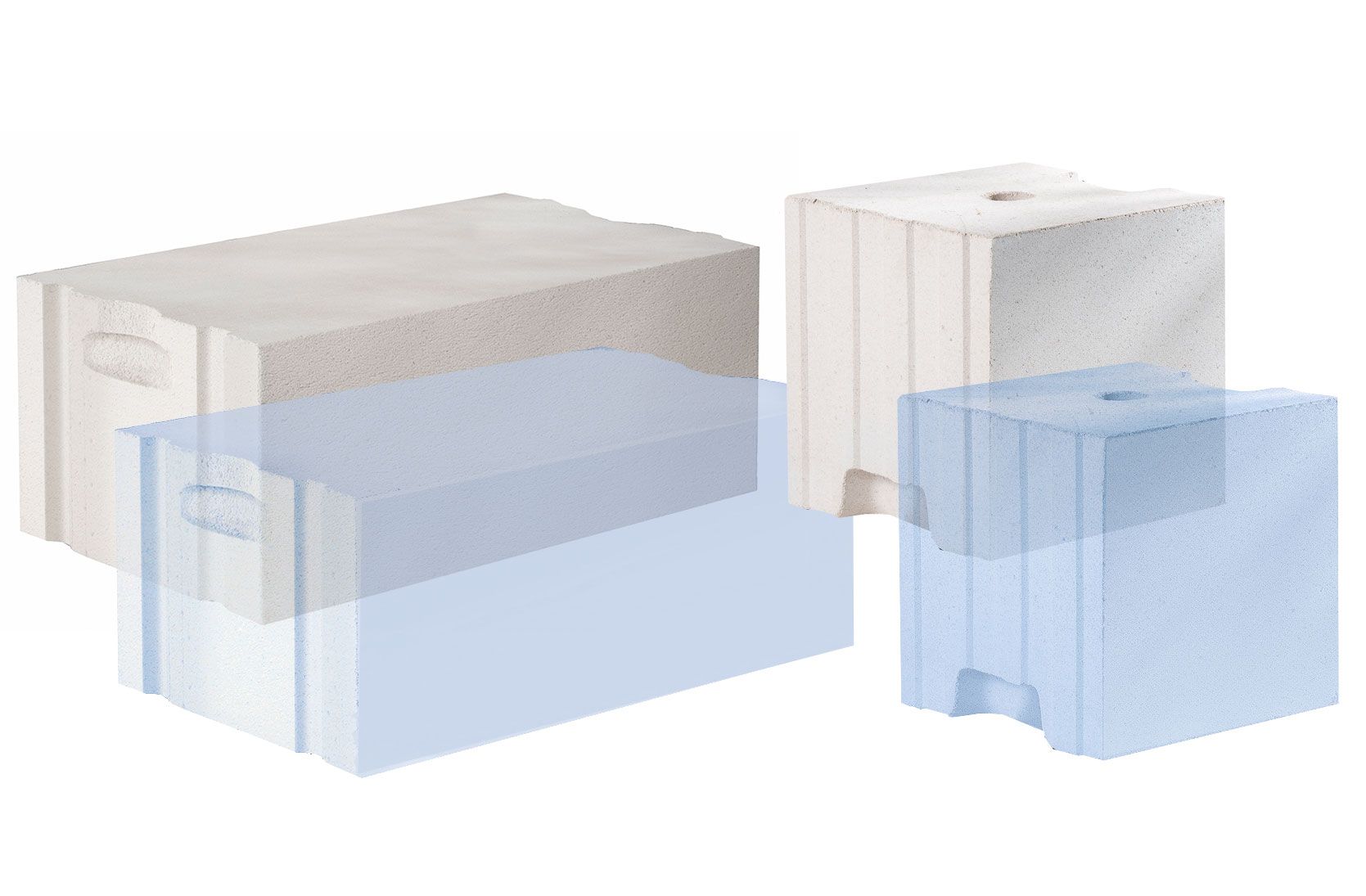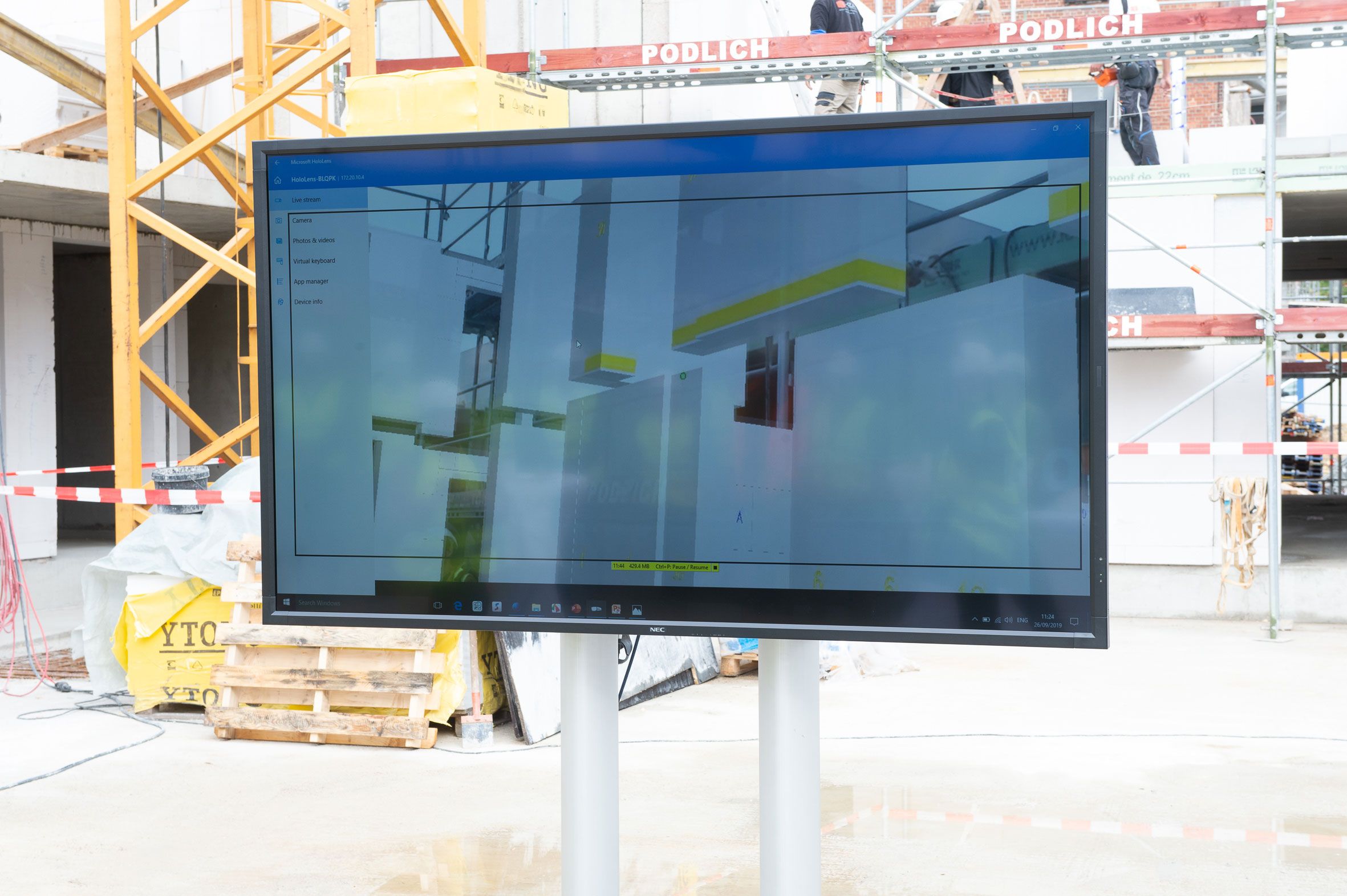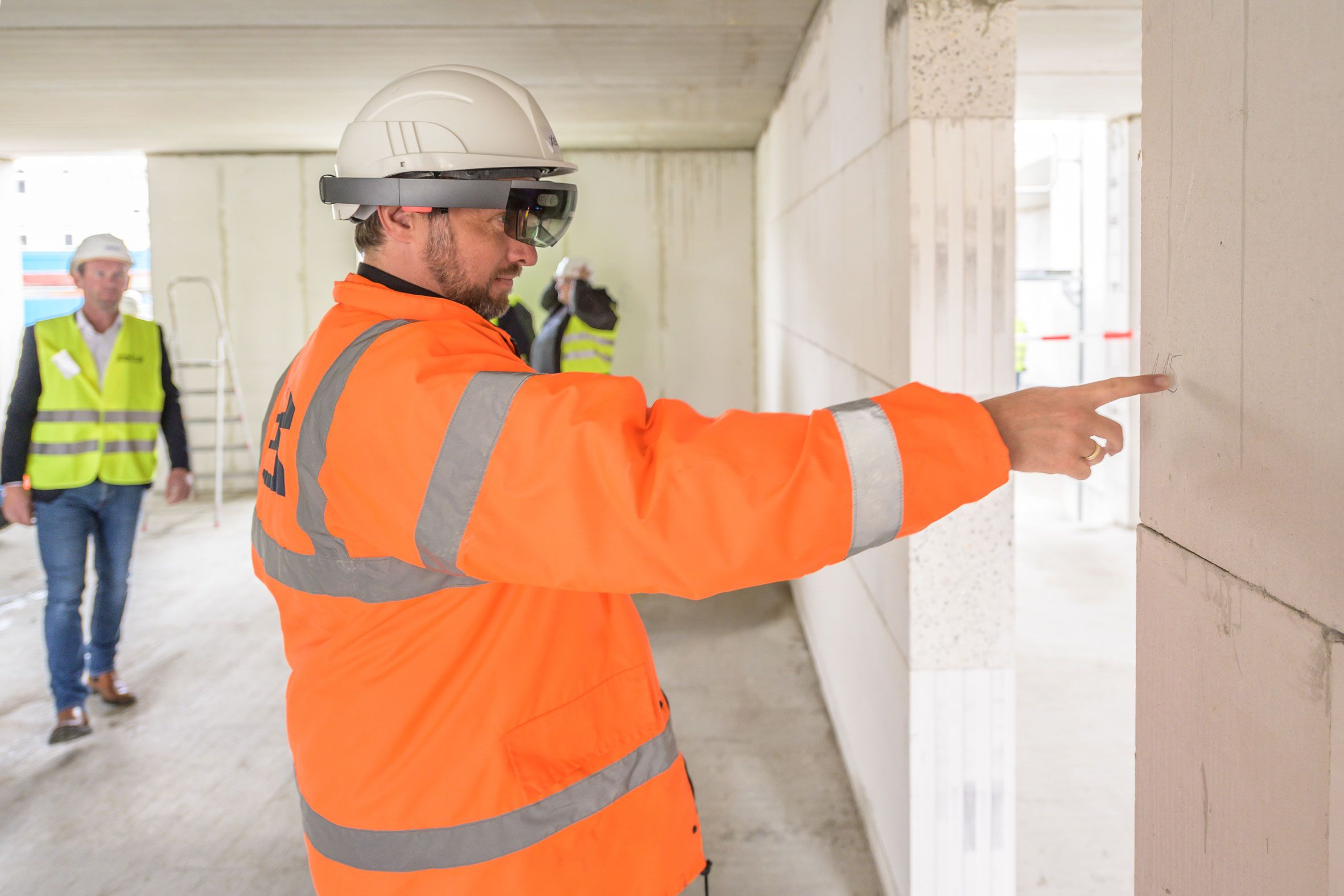Digital planning optimizes building projects
The construction industry is in upheaval. Learn how digital planning of construction projects can make an efficient contribution here.
The building industry is in a state of upheaval: high land and raw material prices, shortages of skilled labor and scarcity of housing in urban areas call for more efficiency from all participants. According to studies, planning errors in construction result in extra work averaging 14 percent.

The digitalization of the building industry and thus the use of digital technologies in building projects can make an important contribution here. Xella's digital planning service blue.sprint provides all services that make a building project simpler, faster and more cost-effective from the outset. With a digitally planned building project, not only can costs be precisely quantified in advance, but thanks to on-screen planning, costly construction errors can be avoided in advance – with the result that the total costs of a building project can be reduced by up to 30 percent. This figure varies from building project to building project, but a recent example shows: At Xella's reference project “Variowohnen” in Kassel, Germany, 20 percent of the shell construction costs and 30 percent of the building time could be saved with the aid of digital technologies such as BIM planning with blue.sprint, the use of Hololens technology on the building site and the delivery of individually prefabricated materials.
Read more about working with 3D models and optimizing maximum cost and time savings through customized material selection and management here.
This article was published in the ©AAC worldwide, issue 2/2020: https://www.aac-worldwide.com/


More sustainability news
-
How to integrate responsibility into every step from production to recycling?
At Xella, sustainability is our DNA and influences our practices throughout our entire value chain - from energy production to responsible use of raw materials.
View more -
Kick-off of ReloAD: working together toward circular construction logistics in Brussels
What if every leftover block on a construction site could start a new life instead of ending up as waste? That’s the vision behind ReloAD—an innovative project aimed at making the logistics flows
View more -
When technology meets sustainability: relocating a ball mill
After providing reliable service for nearly two decades at the German plant in Wedel, the ball mill has found a new home at the AAC plant in Mios, France. This logistical feat has become a real showca
View more
Introduction
2025 Xella International. All rights reserved.